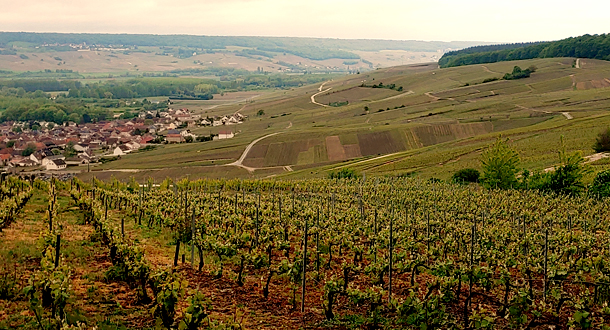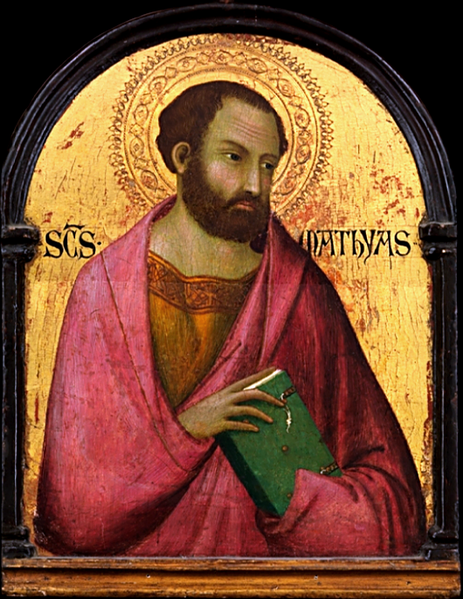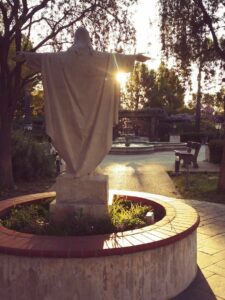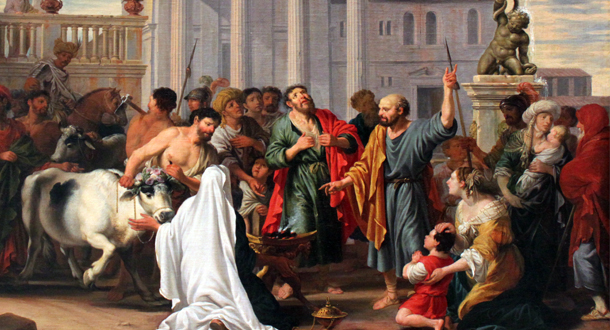
Scripture:
Reflection:
What is John saying to us in this Gospel? This is an amazing and profound read, like much of John’s Gospel. Today, I would like to concentrate on two sentences.
Remain in me, as I remain in you.
Whoever remains in me and I in him will bear much fruit,
because without me you can do nothing.
Remain in me, as I remain in you. The declaration is clear. God is within you and within us, whether we recognize it or not. The presence of God is steady and available continuously.
This permanence shows the importance of a God which is resident in the vine, and we are attached to the vine. However, we also have the gift given to us of free will. We can decide how much we want to be open to God and His love and will.
Therefore, it is the first part where God entreats us, welcomes us, to participate in our residence of the vine. “Remain in me”.
This verse is a call for us to recognize the presence of God and participate in the work together. Of course, as soon as we do, the vine bears fruits. It’s a simple call but sometimes seems hidden because we don’t understand our role. What do you believe is the part you are asked to play?
The second sentence which jumps off the page in this Gospel is:
Whoever remains in me and I in him will bear much fruit,
because without me you can do nothing.
In particular, the without me you can do nothing. It could sound like an aggressive statement if read literally. However, this is not the case. Rather, we are being asked to recognize that all love, gifts, and talents come from God. Yes, it may be up to us how we use them. We have this gift of free will mentioned earlier, however, we cannot achieve anything without the gifts.
It is interesting to note that this would apply even to an atheist or agnostic. Everyone has gifts, skills, and the ability to love one another. A question might then be for the non-believer, who gave them to us? So perhaps, for them, it is more an issue of recognizing the source of those gifts.
Do you believe you are in control? That you can do things on your own without God’s help?
I certainly had times when I suffered from a stupid amount of self-confidence. When I believed outcomes directly resulted from my skills and capabilities. It wasn’t that I didn’t believe in God; I just thought it was more me than Him. I grew out of the notion over the years.
Co-residing in the vine is where we are in our lives, but we have to recognize that we are “co-resident” in the vine. In the word. In the work. In the World.
God Bless.
Michael Cunningham, OFS, is the Director and CEO of Mater Dolorosa Passionist Retreat Center in Sierra Madre, California.







